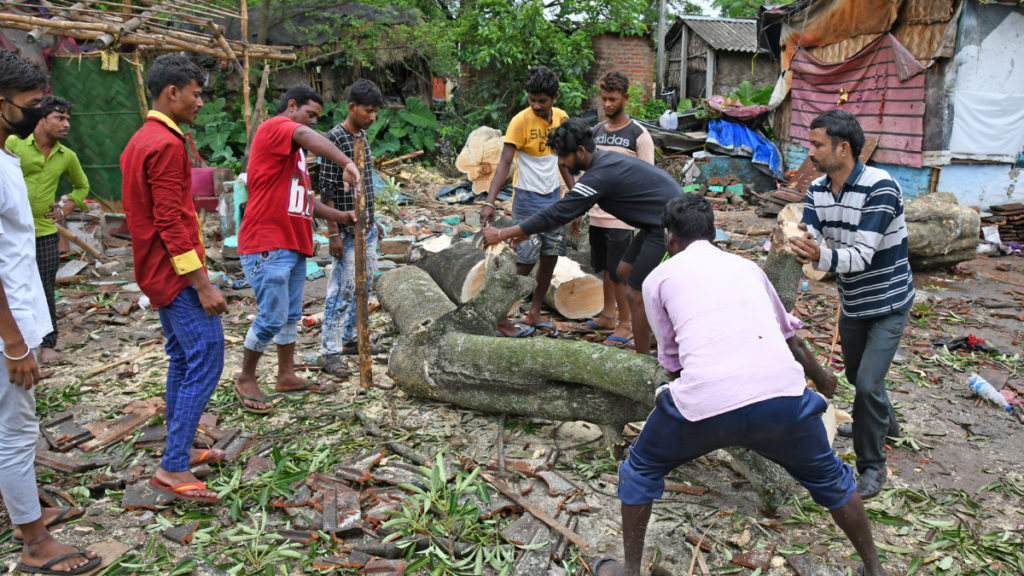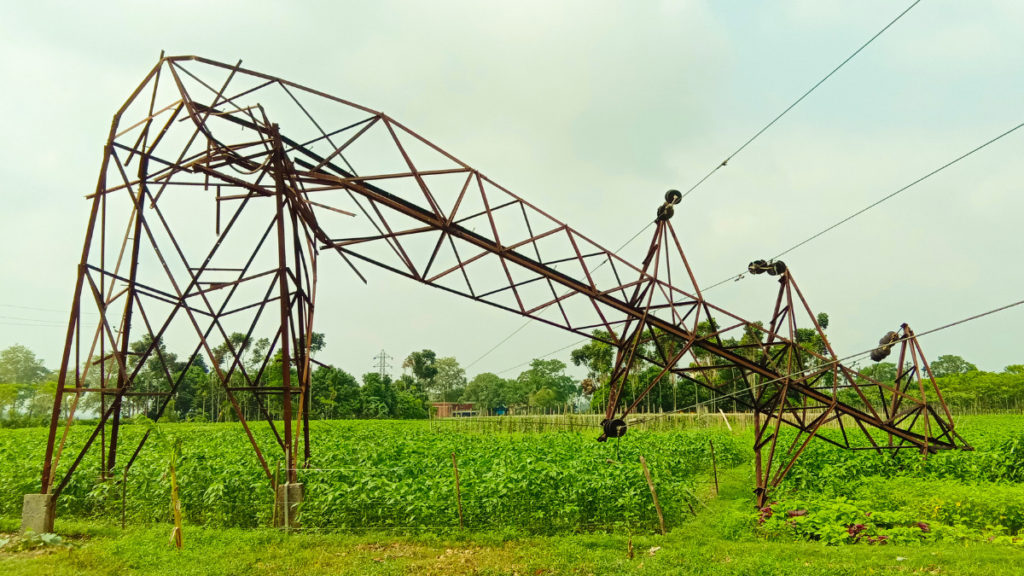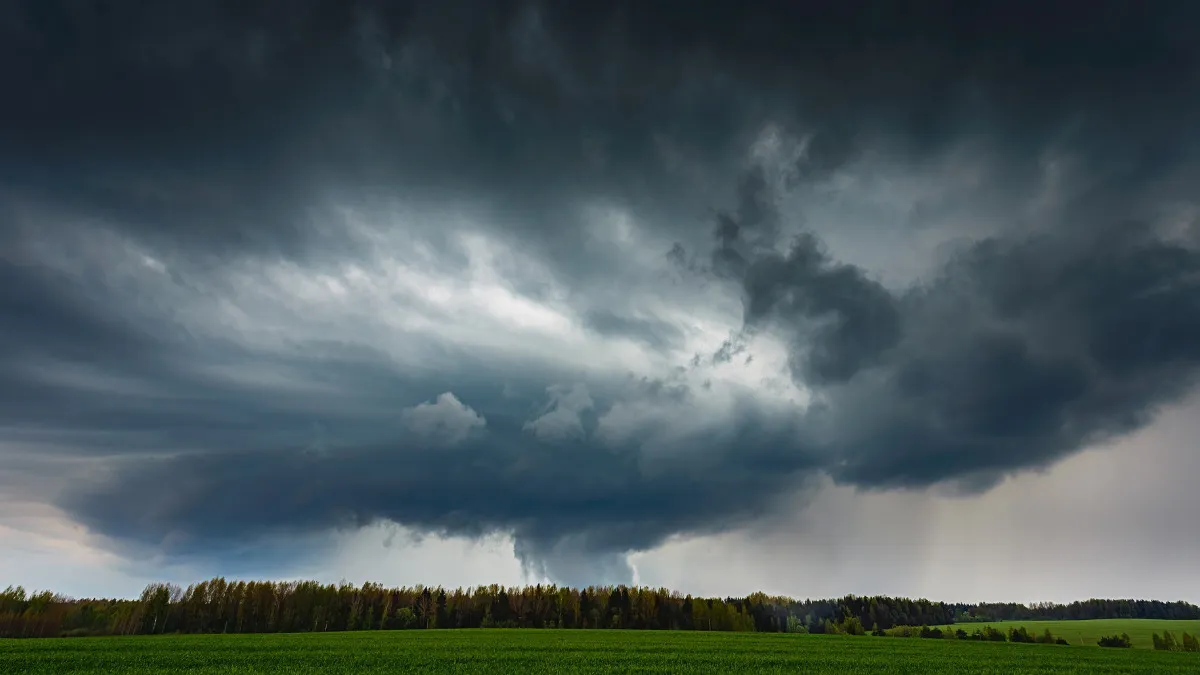SUPPOSE last year’s weather events were a sign of the future ahead. In that case, our planet is in for a tough time on the climate front, warns a new report by World Meteorological Organization (WMO). The report by the United Nations body says that climate change will get worse, and the world will feel its ill effects sooner than previously estimated.
After the report’s release, UN Secretary-General Antonio Guterres didn’t mince words. “The global energy system is broken and bringing us ever closer to climate catastrophe,” he said. And he added that the report was a “dismal litany of humanity’s failure to tackle climate disruption.”
The rise in sea levels, greenhouse gas concentrations, and ocean acidification saw new records last year, setting alarm bells. Ocean warming also saw a substantial increase in the past two decades and is penetrating to ever deeper levels.
In 2021, most people worldwide stayed indoors with very little travel and other activity. Yet real-time data shows global greenhouse gas emissions continued to increase even last year. Rising levels of greenhouse emissions are a significant driver of climate change.
Extreme weather events
Natural disasters have increased in recent decades, but they have not led to a large number of deaths as in the last century. Experts say that it is not because weather events’ frequency or ferocity has come down. It is just the opposite. What has helped save lives is that early warning systems have improved over the years so that people can take preventive steps. But the report says that economic costs have increased because of extreme weather events.

One example of climate change and extreme weather, as a result, was witnessed in the Russian town of Verkhoyansk in June 2020. It saw a temperature of 38°C (100.4°F), setting a new Arctic temperature record. The WMO says that such a high temperature was more befitting the Mediterranean than the Arctic. Average temperatures over Arctic Siberia reached as high as 10 °C above normal for much of summer in 2020. This resulted in fires that caused mass devastation of the forests and sea ice loss.
On the opposite end of the planet, the Antarctic saw a new record high temperature of 18.3° Celsius on 6 February 2020. The winters are also getting colder than ever before.
Future tense
If the global greenhouse emissions continue at current levels, we could see temperature thresholds of either 1.5 °C or 2 °C above pre-industrial levels. Scientists warn that this would increase extreme weather events. These could lead to the displacement of millions of people, disruption in agriculture and detrimental impact on livelihoods.
The way ahead
Governments have the most significant responsibility as the world, led by the United Nations, races against time to limit global heating to 1.5 degrees. The target is to achieve net-zero emissions by mid-century. If we can achieve it remains a question. The United Nations has called for concrete action.
One of the most important things that the government can do is to concentrate on renewable sources of energy like wind and solar. Steps in this direction can reduce reliance on fossil fuels.

At an individual level, we can all pitch in by eating less meat and dairy, avoiding frequent flying and choosing more environment-friendly ways to travel. Other ways include using public transport more often, reducing energy use and cutting down on waste generation. Educating others about the dangers of climate change and the need to protect our environment is also essential.
Role of NGOs
One can also support various NGOs involved in fighting climate change and protecting the environment. From improving the lives of farmers through sustainable methods to converting barren lands into thriving forests to regenerating lakes and improving groundwater levels, NGOs are working in a variety of spaces. Several NGOs are working in rural areas conducting community outreach programmes highlighting the issue of climate change, the importance of protection of ecosystems and sustainable agriculture.
–
Give’s mission is to “make giving bigger and better.” Give is the most trusted donation platform in India for fundraisers and crowdfunding campaigns. Through our technology solutions, we enable individuals and organisations to fundraise and donate to a cause, charity or NGO with trust and convenience. Give’s community of 2.7M+ individual donors and 300+ organisations supports 3,000+ verified nonprofits with 80G deduction and serves 15M+ people across India. Find a fundraiser today!

Kumara was a professional journalist for over 15 years, with stints in The Telegraph and Reader’s Digest. He grew up hating maths and physics. He is a post-graduate in history. Kumara believes that cricket and Seinfeld have answers to most questions that life throws at you.
Discover more from
Subscribe to get the latest posts sent to your email.

